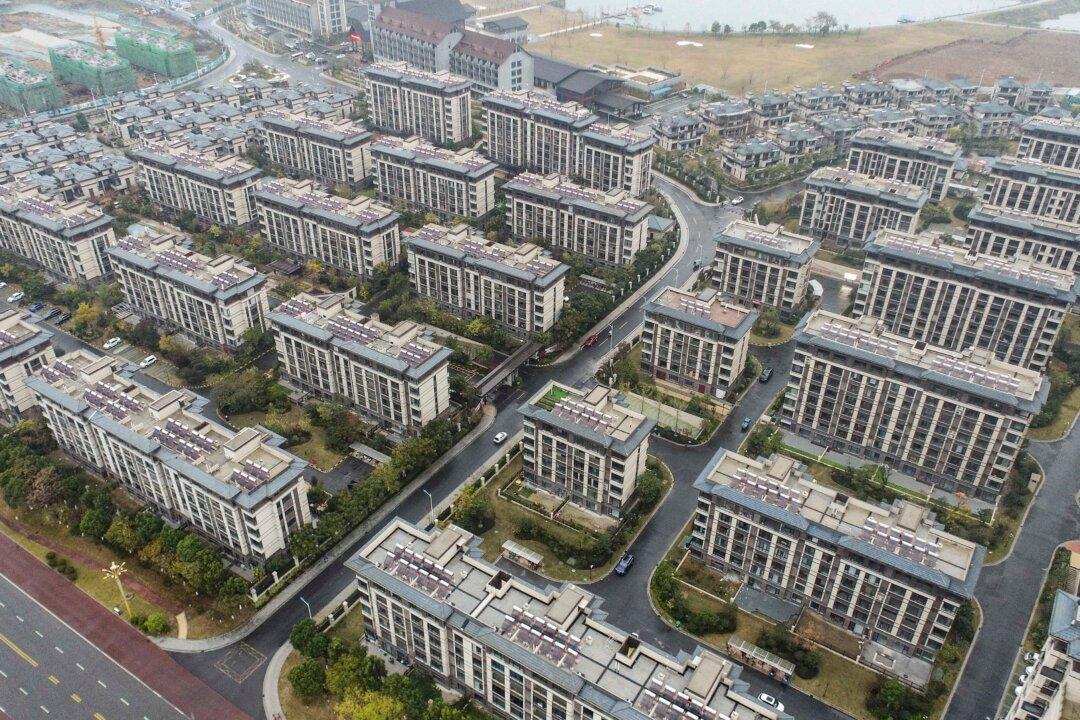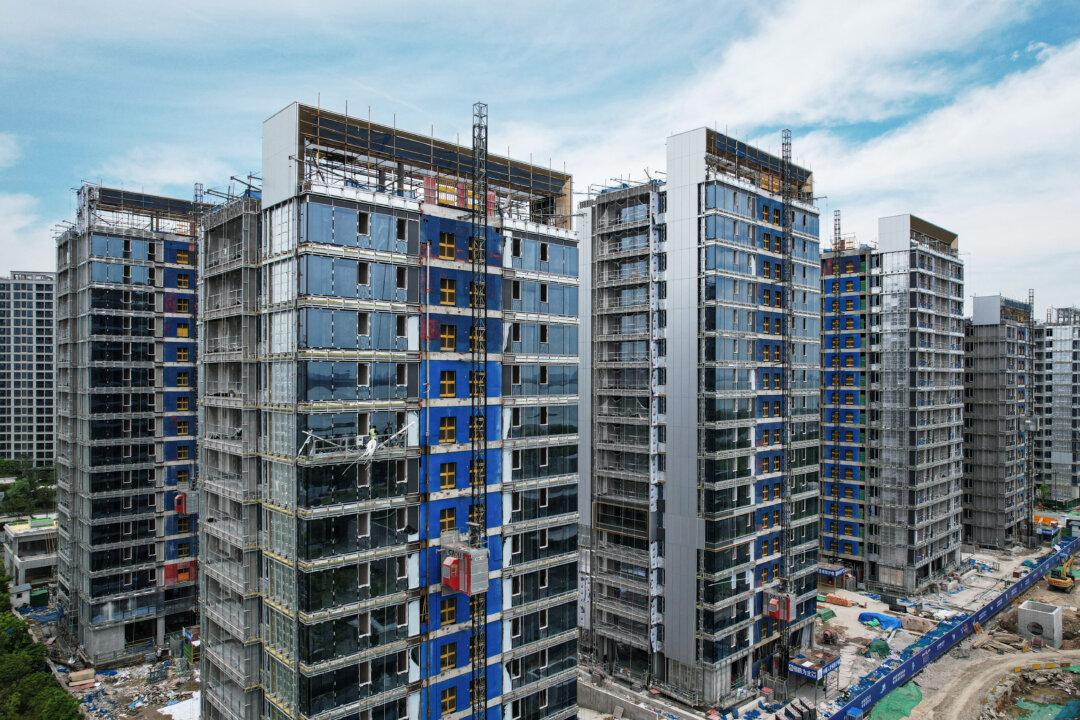News analysis
Persistent property woes will continue to be the biggest drag on China’s property developers next year, posing a key problem for the world’s second-largest economy as builders struggle for cash and property buyers hesitate to spend, unsure if the depressed real estate sector can recover.





